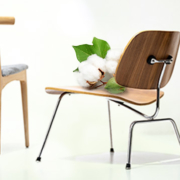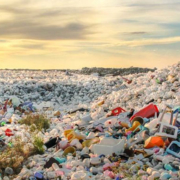Excellent technology transfer: "TheForestCleanup" project receives award
This is how science and industry go hand in hand for a sustainable future: Our development work in the research project "TheForestCleanup" has now been recognized with the "Excellent Technology Transfer" award from the Reutlingen Chamber of Industry and Commerce and the Eberhard Karls University of Tübingen. The project was developed jointly with the Rottenburg University of Applied Forest Sciences, whose Professor Dr. Sebastian Hein accepted the award on behalf of all project partners.
We are very proud to have convinced the jury from industry and science with our innovative tree protection cover. It solves a growing problem, because the need for reforestation in German forests is increasing every year as a result of drought months and bark beetles. Until now, conservative tree protection covers made of plastic were used to protect young trees, the residues of which remained in the forest as waste for decades. Thanks to the new covers based on our SAVUTEC® vulcanized fiber, we can now reforest large areas without unnecessarily polluting nature.
Further information on the "Excellent Technology Transfer" award can be found in this article.




